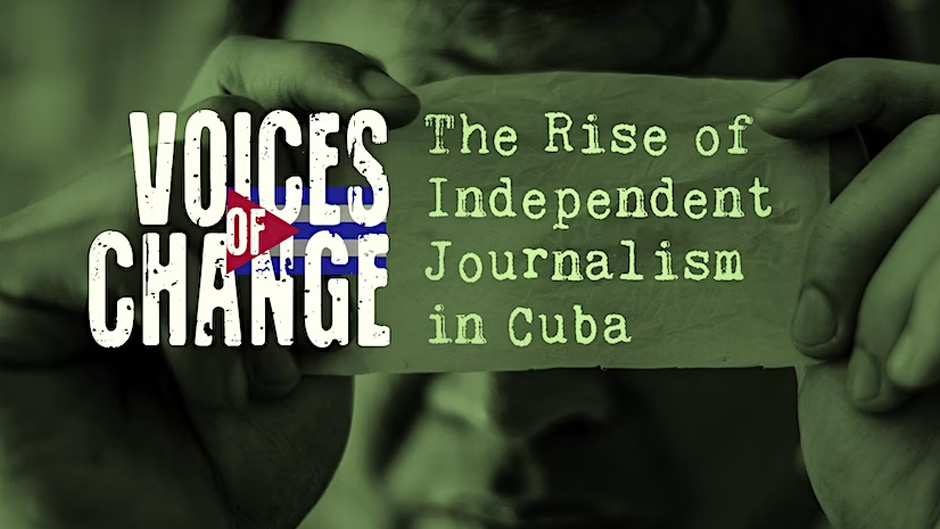Practicing journalism in Cuba can be a hazardous endeavor.
While the Cuban government has barred the legal existence of non-state media for more than 60 years, dozens of new independent outlets have surfaced over the last decade that cover Cuban society extensively.
“As Cubans got more access to the internet, more homegrown, online media outlets popped up,” said Michael Bustamante, associate professor of history and Emilio Bacardi Moreau Chair in Cuban and Cuban-American Studies at the University of Miami.
Some of the most prominent of these outlets are 14 y Medio, an online newspaper headed by Cuban blogger Yoani Sanchez, El Toque, a multimedia platform with diverse news coverage, and El Estornudo, a platform that covers news and culture using a long narrative format.
Many of these news outlets cover issues that the state-controlled media do not, or not in sufficient depth, such as water shortages, neighborhood protests against repeated blackouts, and the scarcity of medical supplies and medicine on the island.
However, the last few years have proven to be very difficult for independent journalists in Cuba.
A crumbling economy that has resulted in food, medicine, and energy scarcity prompted an unprecedented series of protests in the summer of 2021. Since then, the government has hardened its stance against journalists who often criticize state policies or oppose the Cuban government outright.
This state of independent journalism in Cuba will be explored in a presentation and conversation hosted by University Libraries’ Cuban Heritage Collection on Thursday, April 13, titled, “Voices of Change: The Rise of Independent Journalism in Cuba.” The event will be held at 6:30 p.m. at the Roberto C. Goizueta Pavilion on the second floor of the Otto G. Richter Library.
The presenter will be Elaine Diaz, a visiting associate professor of practice in global communications at the School of Communication. After completing a prestigious Nieman Fellowship for journalism at Harvard, the first Cuban from the island to do so, Diaz founded Periodismo de Barrio in 2015, an independent investigative publication focused on social and environmental issues, including climate change, in Cuba.
Moderating the conversation will be Sallie Hughes, professor and associate dean for global initiatives in the School of Communication. Bustamante, who is also director of academic programs for the Cuban Heritage Collection, and Lillian Manzor, associate professor in the Michele Bowman Underwood Department of Modern Languages and Literatures and faculty lead for the Institute for Advanced Study of the Americas, will also participate in the forum.
Many Cuban journalists have been harassed, intimidated, and detained, and some have had their equipment confiscated.
One noted case is that of Lazaro Yuri Valle Roca, who was sentenced to a five-year prison sentence last summer for “contempt and sharing propaganda,” according to the Cuban government. He had reported on pro-democracy leaflets being thrown from a building in Havana on his YouTube channel.
A number of the non-state outlets in Cuba receive financial support from U.S. government agencies, other governments, or international foundations, which has prompted criticism from the Cuban government, said Bustamante. As a result of the hostility these outlets have faced, many of the newer, more prominent ones have increasingly few correspondents in Cuba and are being run by editors and journalists who have moved outside the island, he added.
“There was a more tolerant period for some of these journalists that largely coincided with bilateral rapprochement under the Obama administration,” said Bustamante.
Bustamante cites that in the past year members of the news outlet El Toque suffered a continued campaign of denunciation that caused most of its remaining correspondents in Cuba to be “pressured to resign.”
The Cuban government has also passed a decree that threatens legal action against those who disseminate information online that opposes “the social interest,” as authorities define it.
“This hangs like a Sword of Damocles over the work of journalists,” said Bustamante. “It is not easy to be a journalist in Cuba.”

